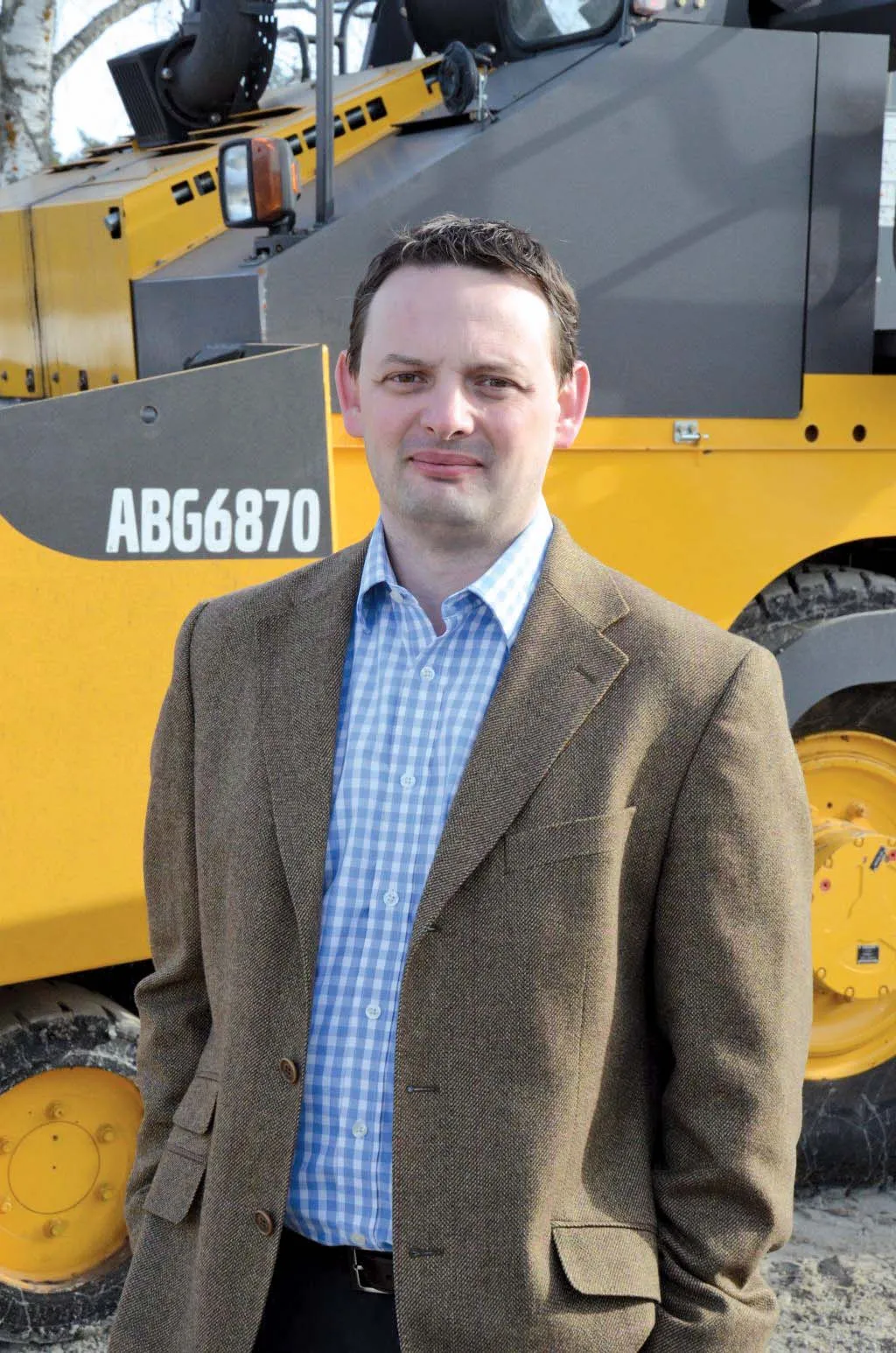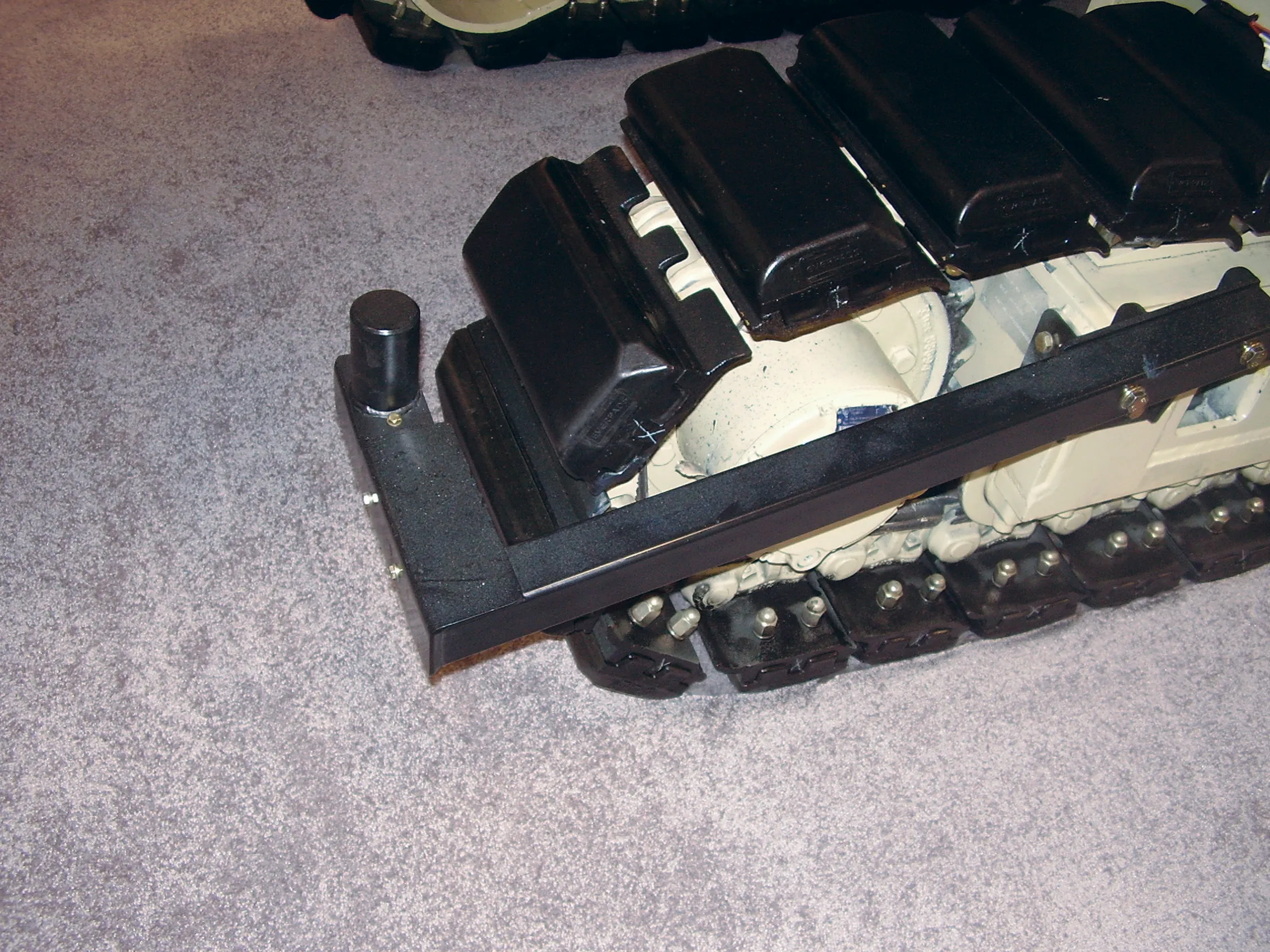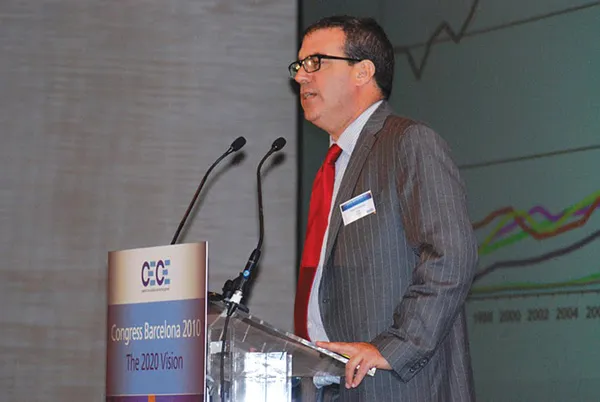
Volvo CE intends to further develop its presence in the road construction market - Darren Fitch, director for road machinery for the EMEA region within Volvo CE spoke with Mike Woof
The road business has benefited from fairly constant levels of trading in recent years and even during the downturn, construction operations only fell by a comparatively small quantity during the downturn. Darren Fitch, director for road machinery for the EMEA region within
He continued, “We have had good growth in Russia and North Africa has been very strong over the last few years due to project work.”
Although the variable quality of economic data from Africa makes the market more difficult than some, Volvo CE does see further potential and Fitch said, “We’re busy consolidating our distribution network there.”
Distribution is crucial in all markets and one key factor is to ensure that dealer personnel have the training and knowledge of the road machinery sector, according to Fitch. He said, “Investing in people is a big thing.”
Because of the degree of specialisation required, some dealers have set up teams specifically for the road machinery sector. But Volvo CE was also able to build from a strong base when it bought the road machinery division of Ingersoll Rand and Fitch said, “We acquired a lot of the European distribution network.”
Fitch explained, “The trick for us is to balance being a global manufacturer and to maintain focus in a niche industry.” And he said that his team at Volvo CE has around 250 years' experience of road construction, “If you want to be in roads, you need road specialists.”
Volvo CE has also invested US$120 million in its road machinery facilities at Shippensburg in the US and $80 million in the plant at Hamelyn in Germany. “The two main plants needed investment and we expanded capacity to cope with demand,” Fitch said. “We also manufacture in Bangalore for the Asia-Pacific market and in China for the Chinese market,” adding that the company builds graders at its facility in Brazil.
The company has also invested in its products and developed new models featuring the latest technology. Fitch said that the C Series pavers, C Series graders and SD soil compactors marked a turning point, “They were the first true Volvo designs, with Volvo electronics and powertrain management.”
ABG was a pioneer of electronic paver management and the firm is keen to hold onto its technological edge while key features of the machines have been kept. He said, “We retained the ABG screed design. It has a long history as one of the best screeds on the market.” The design of the screed also lends itself to another emerging trend in the industry, the cement base. “Our double tamper screed does the job very well.” This screed can also be used in RCC applications, another market segment seeing steady growth in North America as well as increasing interest in Europe.
New technology is important and Fitch said that the advantage of being in the Volvo Group is that it provides a massive resource. This has helped the firm prove technologies before they are introduced and he said, “You can only be at the front end of automation if you’ve got the platform to work from. We’ve launched our new 3D auto steer system with
Looking to the future, Fitch commented, “Big industry changes have started and will continue. Understanding the changes to the road business will influence machine design. We intend to remain in the industry for a long time.”








